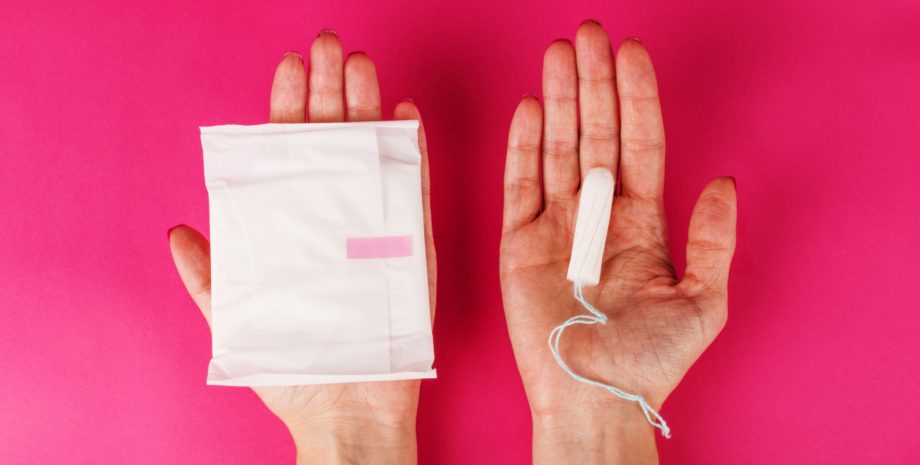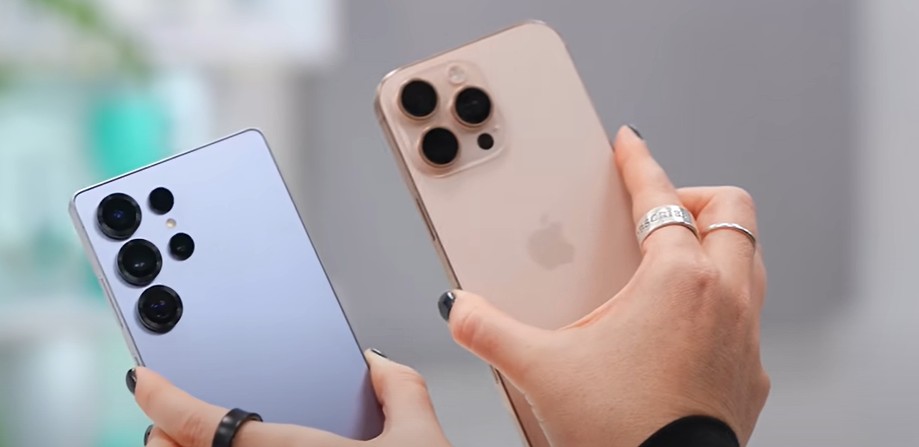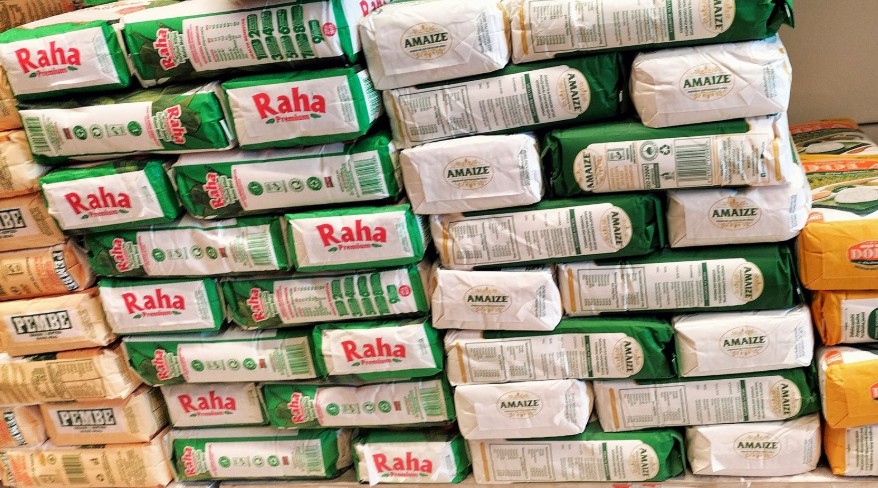Gynecologist debunks “tampons or pads” debate: Which one is best?

The choice ultimately depends on individual comfort, lifestyle, and health considerations.
When it comes to menstrual hygiene, the choice between tampons and pads has long been a topic of debate.
Some prefer the convenience of tampons, while others opt for the familiarity of pads. However, beyond personal preference, medical experts warn that improper usage of either product could pose serious health risks.
Dr. Ann Beatrice Kihara, an obstetrician and gynecologist at Kenyatta National Hospital, during a previous interview, emphasised that menstrual hygiene is crucial to preventing infections in both the urinary and reproductive tract.
“The vagina is naturally acidic, but during menstruation, it becomes less acidic. If hygiene is not maintained, bacteria can thrive, potentially leading to serious infections, including toxic shock syndrome,” she says.
Toxic Shock Syndrome (TSS) is a rare but life-threatening condition caused by bacterial toxins.
Though often associated with tampons, research has shown that it can also result from prolonged use of sanitary pads, menstrual cups, or other vaginally inserted products.
Dr. Kihara warns that leaving a pad on for more than three to four hours or wearing a tampon for longer than the recommended duration can create an environment where bacteria multiply rapidly.
So, which product is better?
The case for pads
Sanitary pads are widely used due to their ease of use and lower risk of TSS compared to tampons. They come in various sizes and absorbency levels, making them suitable for different flow levels. For those with heavier periods, overnight pads provide extended protection, reducing the need for frequent changes at night.
Pads are also ideal for people who are uncomfortable with inserting products into the vagina or those who experience vaginal dryness. Additionally, they allow for better monitoring of menstrual flow, which can be important for individuals tracking their cycles for health reasons.
However, pads are not without drawbacks. Wearing them for long hours in humid conditions can cause discomfort, irritation, and even rashes due to prolonged contact with moisture.
Furthermore, some commercial pads contain fragrances and chemicals that may trigger allergic reactions or disrupt vaginal pH.
The case for tampons
Tampons, on the other hand, offer discreet and comfortable protection, allowing for greater freedom of movement. They are especially popular among athletes or individuals with active lifestyles, as they enable swimming and other physical activities without discomfort.
A 2024 study published in the Journal of Women’s Health found that tampons, when used correctly, do not significantly increase the risk of vaginal infections compared to pads. However, the key is to follow hygiene guidelines strictly, changing tampons every four to eight hours and using the lowest absorbency needed to prevent TSS.
Despite their convenience, tampons can pose challenges. Incorrect insertion may cause discomfort, and some users report a dry feeling, especially on lighter flow days. There are also concerns about the presence of chemicals in some tampons, with recent research highlighting traces of dioxins and heavy metals in certain brands, raising questions about long-term exposure.
Dr. Kihara stresses that both tampons and pads can be safe if used correctly. The choice ultimately depends on individual comfort, lifestyle, and health considerations. She advises rotating between products or using menstrual cups as an alternative for those seeking a reusable option.
“Regardless of what you choose, the most important thing is proper hygiene. Change your pad or tampon frequently, wash with clean water, and avoid scented products that could disrupt vaginal health,” she says.
Menstrual hygiene goes beyond product choice it is about informed decisions and good practices that safeguard reproductive health. As awareness grows, experts continue to push for stricter regulations on menstrual products to ensure consumer safety while encouraging open conversations about menstruation to debunk myths and reduce stigma.
"When choosing menstrual products, prioritize comfort, affordability, and convenience. Explore different options to find what works best for you, and feel free to adjust based on the changing needs of your cycle, but most importantly, consider your hygiene."
“Regardless of what you choose, the most important thing is proper hygiene. Change your pad or tampon frequently, wash with clean water, and avoid scented products that could disrupt vaginal health,” she says.
Top Stories Today
















